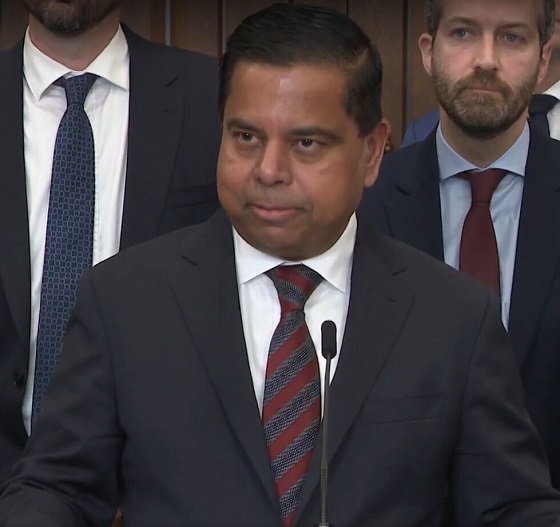From The Center Square
By
The Republican governors of two dozen states, including Georgia and South Carolina, penned a letter to President Joe Biden opposing the World Health Organization’s proposed “Pandemic Agreement,” which they said could “undermine national sovereignty” and states’ rights.
The state executives argue the treaty “would seek to elevate the WHO from an advisory body to a global authority in public health.” They contend the proposed accord could also allow the WHO to establish “a global surveillance infrastructure” and force participants to censor free speech.
On Tuesday, 93.3% of voters in Georgia’s Republican primary said “unelected and unaccountable international bureaucrats,” such as those at the WHO, should not have “complete control over management of future pandemics in the United States and authority to regulate your healthcare and personal health choices.” The vote is nonbinding, but it could guide legislative action when Peach State lawmakers meet again next year.
In their letter, the governors said that “if adopted, these agreements would seek to elevate the WHO from an advisory body to a global authority in public health.
“Under the proposed amendments and treaty, the WHO’s Director-General would supposedly gain unilateral power to declare a ‘public health emergency of international concern’ (PHEIC) in member nations, extending beyond pandemics to include a range of perceived emergencies,” the governors added. The “proposals could erode state sovereignty by granting the WHO’s Director-General the authority to dictate responses to a declared PHEIC, stripping elected representatives of their role in setting public health policies and compelling citizens to comply with WHO directives, potentially including mandates regarding medical treatments.”
Govs. Kay Ivey of Alabama, Mike Dunleavy of Alaska, Sarah Sanders of Arkansas, Ron DeSantis of Florida, Brian Kemp of Georgia, Brad Little of Idaho, Eric Holcomb of Indiana, Kim Reynolds of Iowa, Jeff Landry of Louisiana, Tate Reeves of Mississippi, Greg Gianforte of Montana, Jim Pillen of Nebraska, Joe Lombardo of Nevada, Chris Sununu of New Hampshire, Doug Burgum of North Dakota, Kevin Stitt of Oklahoma, Henry McMaster of South Carolina, Kristi Noem of South Dakota, Bill Lee of Tennessee, Greg Abbott of Texas, Spencer Cox of Utah, Glenn Youngkin of Virginia, Jim Justice of West Virginia and Mark Gordon of Wyoming signed the letter.















